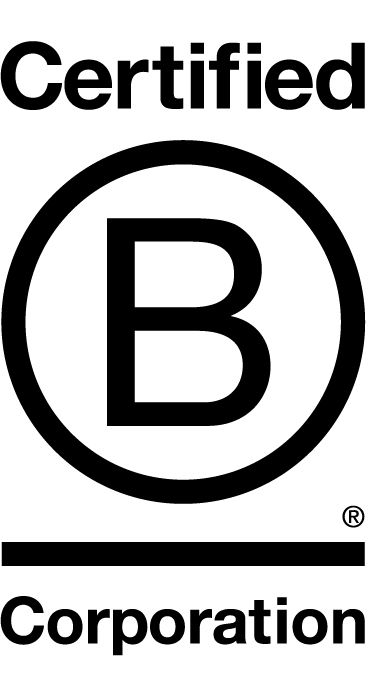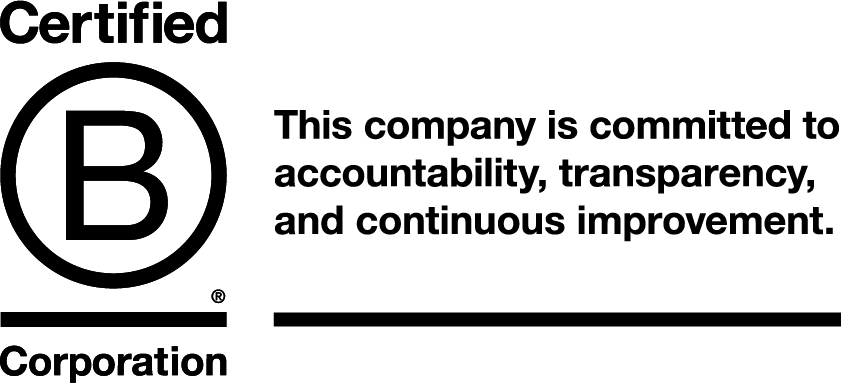NATURE-BASED SOLUTIONS
Carbon project development
Through our Nature-Based Solutions, we implement conservation, restoration, and land-management actions that increase carbon storage and avoid greenhouse-gas emissions on a global scale.
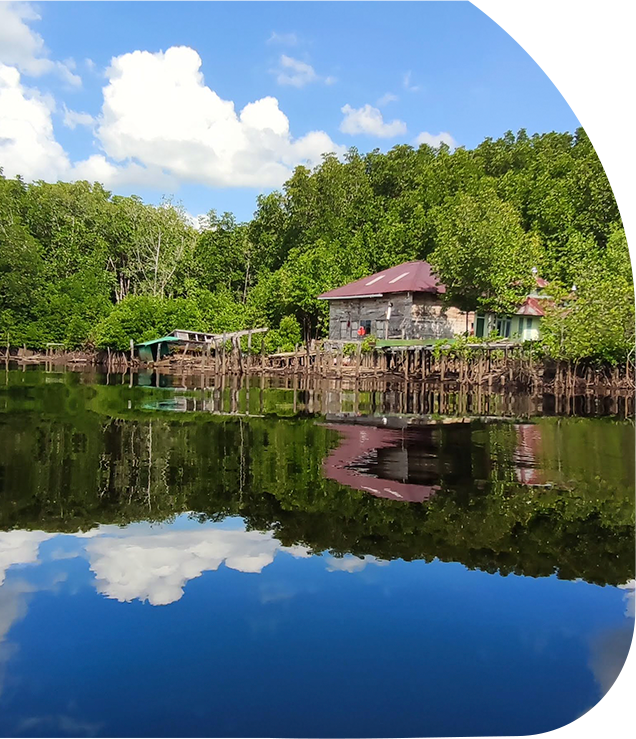
NATURE-BASED SOLUTIONS
Every action within the development of nature-based solutions has a shared benefit, since they empower sustainable development and local communities’ progress and governance.
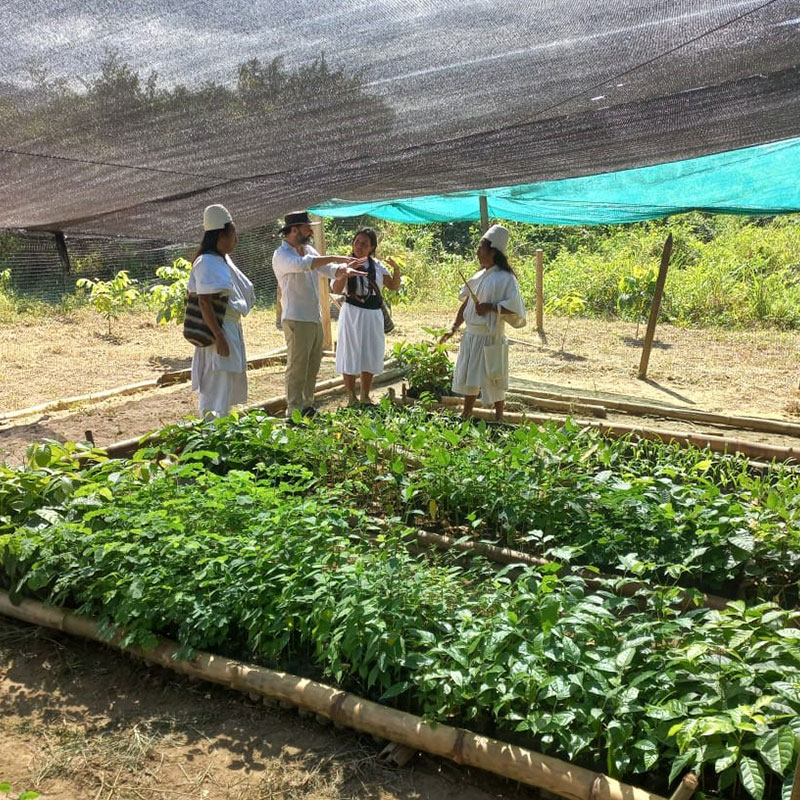
The generation of carbon certificates within ALLCOT’s project development become financing elements for local communities worldwide
AFFORESTATION, REFORESTATION AND REVEGETATION (ARR)
Carbon capture through forested areas
Afforestation, Reforestation and Revegetation projects aim at tackling the impacts of climate change by favoring the growth of actual and new forest areas. ARR projects have the specific goal of capturing carbon in the environment through the plantation and conservation of crops.
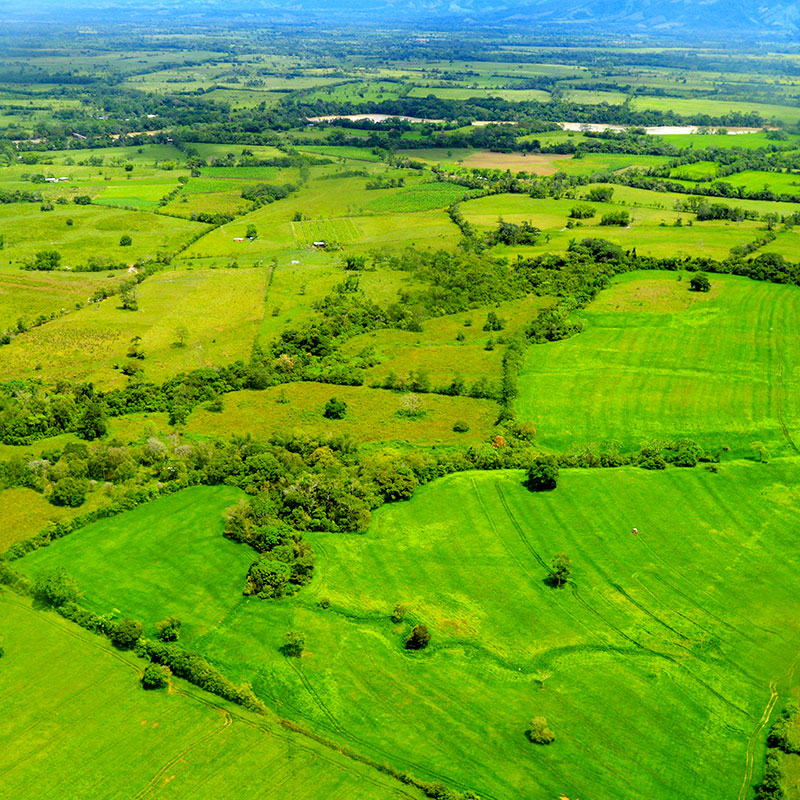
CONSERVATION REDD+ PROJECTS
Successful measures to fight climate change
Reduction of Emissions due to Deforestation and forest Degradation (REDD+) projects are a powerful and effective measure in the fight against climate change.
Carbon credits generated through conservation activity are reinvested in local communities to facilitate the development of the local economy associated with the forest.
Through REDD+ project development, ALLCOT aims at not only to prevent further deforestation of forest areas, but to:
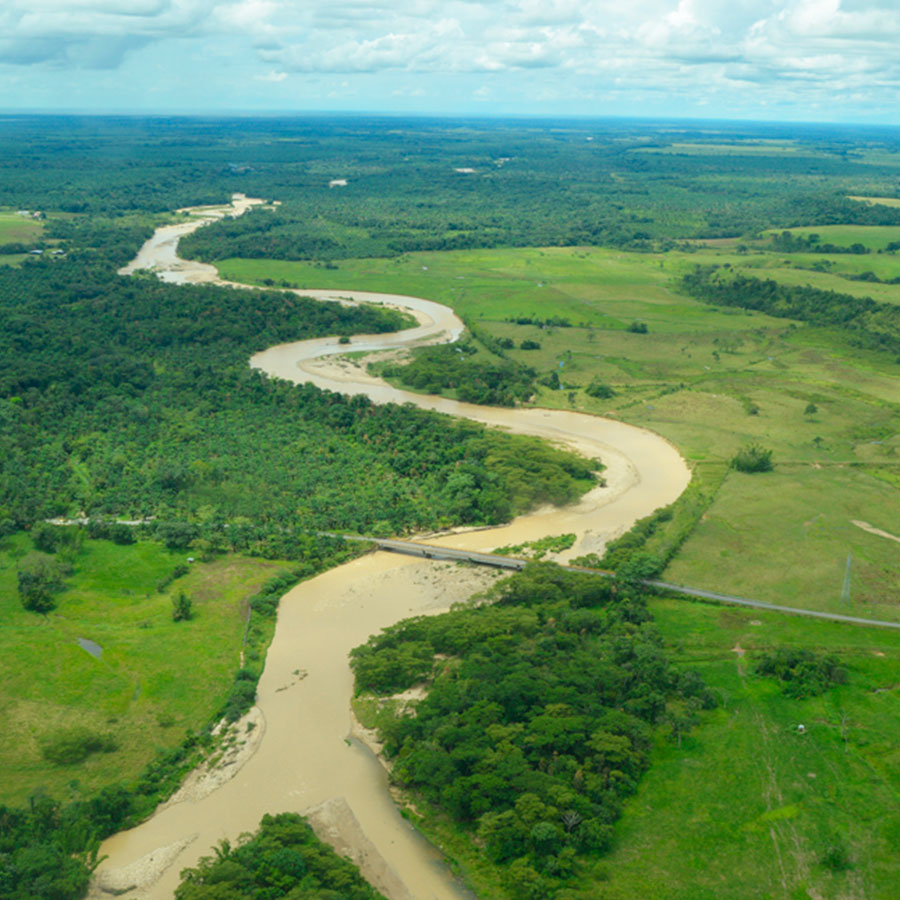
Nature-Based Solutions
BLUE CARBON PROJECTS
Carbon capture in marine ecosystems
When looking for ways to mitigate climate change, we can’t overlook the conservation of marine ecosystems. Carbon capture through coastal and marine ecosystems, that store carbon in large quantities, generates what is known as blue carbon.
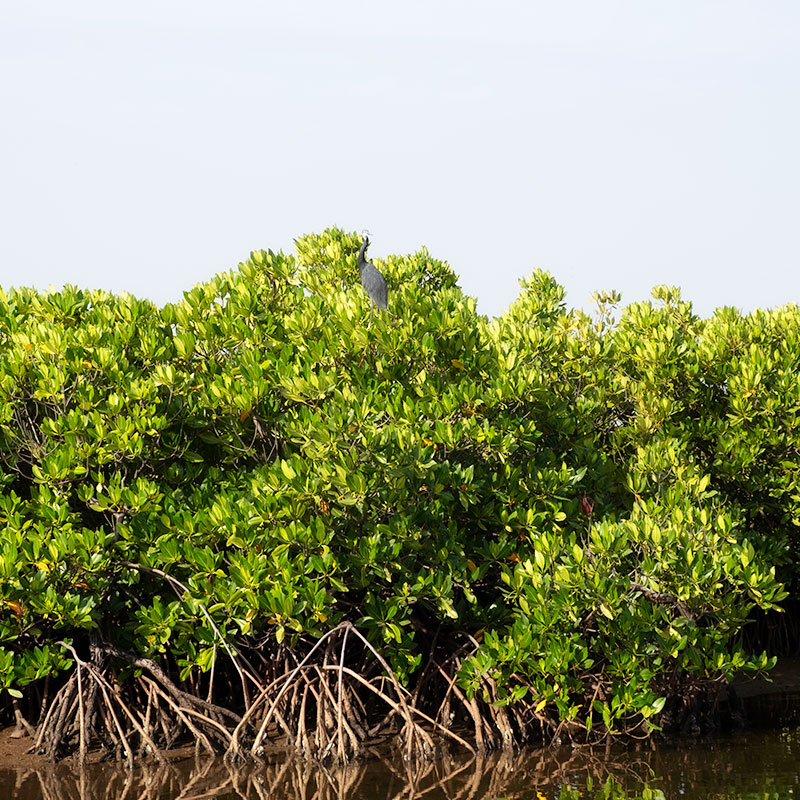
ALLCOT develops blue carbon projects through the conservation and reforestation of mangrove areas. This allows not only to capture carbon from the environment and thus reduce it from the atmosphere, but to prevent carbon emissions from mangrove deforestation (carbon stored in this ecosystems is emitted when deforested)
Planting, restoring and conserving mangrove areas fosters the resilience and resistance of marine ecosystems to climate change
COOKSTOVE PROJECTS
Efficient and sustainable cooking stoves
This kind of project, designed with a gender perspective, contributes to the reduction of carbon emissions by increasing the availability and affordability of improved cookstoves (ICS). This means a decrease of the wood collection by 30%, thus preventing forest degradation.
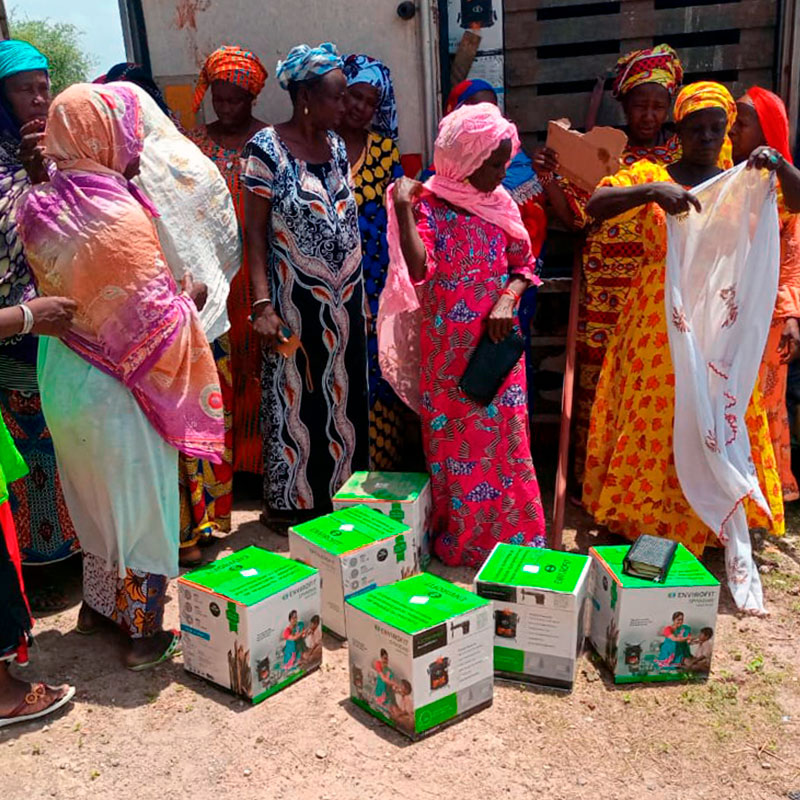
To local communities, Improved Cooking Stoves (ICS) involve:
Health benefits
Lessening combustion gas emissions, ICS significantly improves its users health, since there is less dangerous smoke involved in daily cooking.
Economic benefits
Since ICS don’t require as much fuel as the traditional way of cooking, local communities can save money and time.
Environmental benefits
Since fuel collection is reduced when using ICS, the pressure on forests is also decreased. ICS use also contributes to the reduction of emissions.

Fish dryer and smoker projects
As well as ALLCOT’s cookstoves projects, Fish dryer and smoker projects are initiatives that aim to improve local communities’ everyday life.
By improving the traditional method of preserving fish through drying and smoking, this kind of project not only contributes to climate change mitigation but also offers a better product in terms of quality and safety.
We are here for you!
Do you have questions or need more information?
Write to us at consultancy@allcot.com and we will be happy to assist you.
